Travel the World with Scents

Scents have a unique way of connecting us to places and experiences without us actually physically being there. Whether it's the warm, welcoming fragrance of oud in the Middle East, the fresh aroma of flowers in Asia, or the comforting notes of cinnamon in the West, scents are more than just fragrances. With just a few whiffs of incense, candles, or essential oils, we can journey from the bustling souks of Arabia to the serene temples of Japan or the vibrant streets of Mexico. In this blog, we’ll take you on an aromatic journey through different regions of the world. You’ll experience the distinct fragrances of these places and how burning their scents can make you feel like you’ve been teleported there, without needing a passport.
The Middle East: The Essence of Arabia
The Middle East is the cradle of many sacred traditions and ancient practices. The region is home to one of the world’s most iconic scents - Oud.
Often called “liquid gold” or the "the wood of the gods," Oud is perhaps the most famous Middle Eastern scent. Its rich, smoky, and sweet fragrance comes from an infected agarwood tree and is highly prized in Arabia. Oud is used not only in perfumes but also in incense (bakhoor), which fills the air during gatherings, prayers, and religious ceremonies. When burned, oud creates a deep, calming atmosphere, perfect for quiet reflection, prayer, or simply winding down after a long day.
Burning a piece of Oud Bakhoor or using Oud-enriched Diffuser Oils at home can easily transport you to the heart of the Middle East, filling your space with an exotic, luxurious ambiance reminiscent of the Arabian desert or the lavish settings of old palaces.
Asia: A Tapestry of Floral, Spicy, and Woody Notes
Asia, a continent of remarkable cultural diversity, is also rich in aromatic traditions. From the floral fragrances of India to the incense-filled temples of Japan, the scents of Asia offer a wide variety of experiences. Sandalwood, Jasmine, Rose, and Cedarwood are some of the key fragrances that define the Asian olfactory landscape.
India, with its deep connection to spirituality and vibrant festivals, is a country where scents play a vital role. Sandalwood, Jasmine, and Rose are especially important. Sandalwood has a rich, creamy fragrance that promotes calm and focus, making it ideal for prayer or meditation. Jasmine, known for its sweet, intoxicating scent, is used in garlands, as an accessory to the hair as well as offered to the deities. The delicate fragrance of Rose symbolizes love and beauty and is often used to celebrate life’s most important moments.
Meanwhile, in Southeast Asia, Cedarwood and Patchouli are often used in incense, helping to calm the mind and bring peace during Buddhist meditation practices. These woody scents are also associated with the region’s lush forests, adding a grounding, earthy element to any space.
China and Japan are home to distinct and refined incense traditions. In Japan, incense is an essential part of the Kōdō (the Way of Incense) ritual, a practice focused on appreciating the subtle beauty of scent. Incense made from Agarwood, i.e., Oud and Sandalwood is often used in tea ceremonies and during quiet moments of reflection. The scent of Jasmine tea, delicate and floral, also plays a part in Chinese culture, where it’s often enjoyed during social gatherings or as part of a ceremonial meal.
The West: Fragrances that Define the Mood
The use of scent in the West is often tied to celebrations, holidays, and personal milestones. Western cultures have embraced a variety of fragrances, ranging from the sweet floral scents of Lavender and Rose to the spicy, warm notes of Cinnamon and Vanilla, all of which are associated with major holidays and special events.
In Europe, Lavender is one of the most iconic scents. Known for its calming and therapeutic properties, it is used extensively in France and Italy during summer, where it’s often woven into wreaths or used in sachets to keep homes smelling fresh. During winter, the warm, spicy fragrance of Cinnamon, Clove, and Nutmeg fills homes as families bake traditional treats or light candles, evoking the comfort of cozy winter nights.
In the United States, Vanilla is a classic fragrance associated with holidays like Thanksgiving and Christmas. The warm, sweet aroma of vanilla is present in many desserts, creating a sense of nostalgia and home. Similarly, Pumpkin Spice - a blend of cinnamon, nutmeg, and clove - has become a signature scent of fall, particularly in cafes and during the harvest season.
Burning Lavender or Vanilla in your home can instantly create a cozy, welcoming atmosphere, reminiscent of a warm European summer or a comforting holiday gathering in the Western world.
A Global Sensory Journey
The world’s diverse regions offer an incredible variety of scents that allow us to virtually travel from one place to another. With a few carefully chosen fragrances, we can transport ourselves to the deserts of Arabia, the fragrant gardens of India, the peaceful temples of Japan, or the festive homes of Europe.
Whether it’s the smoky richness of Oud from the Middle East, the sweet floral fragrance of Jasmine from India, or the warm spices of Cinnamon from Europe, scents have the power to evoke a sense of place and experience. By lighting a candle or incense, you can immerse yourself in a new cultural atmosphere, all from the comfort of your home.
So, the next time you light an incense or candle, close your eyes and take a deep breath - you might just find yourself transported to a faraway land, experiencing a piece of the world through scent.
No comments
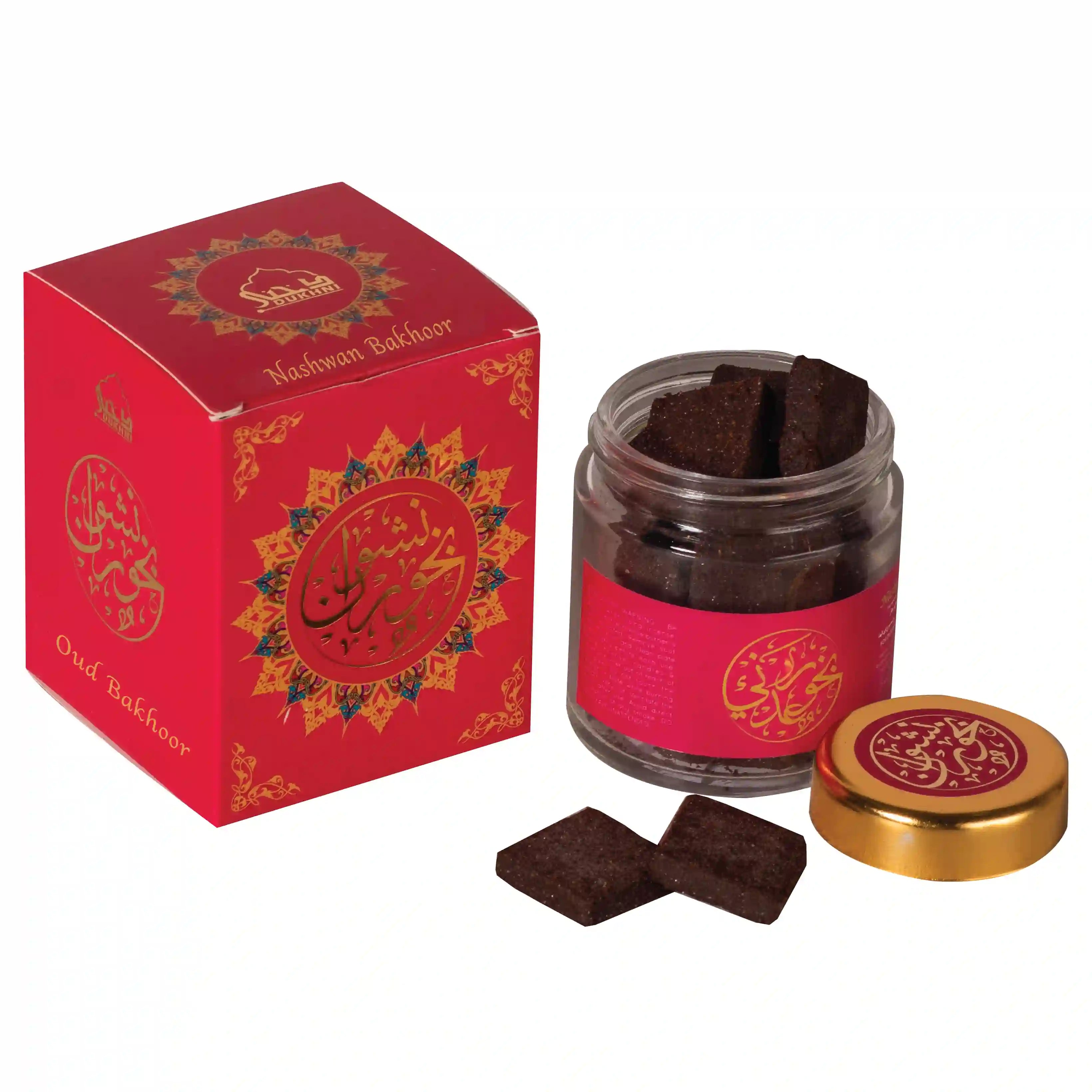
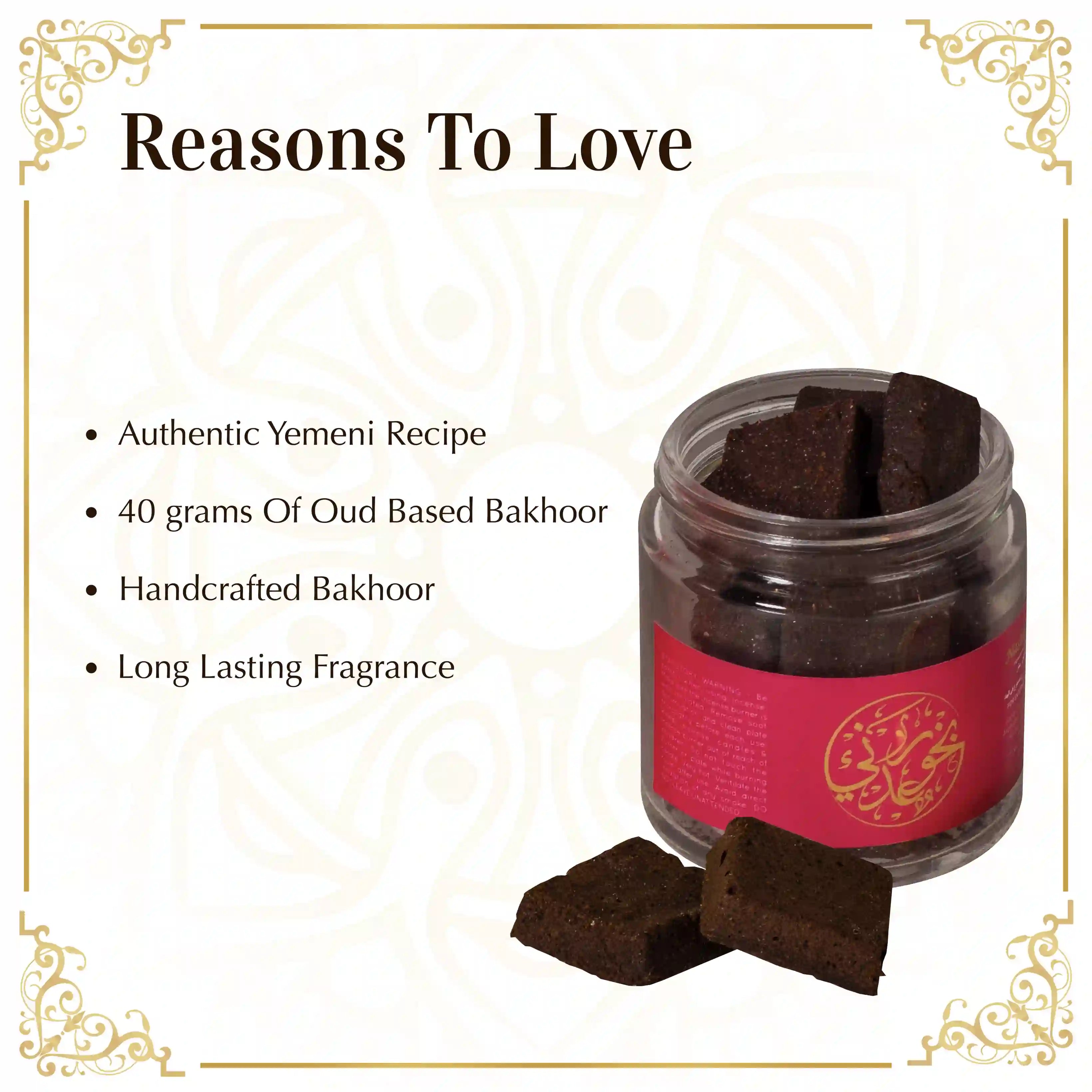








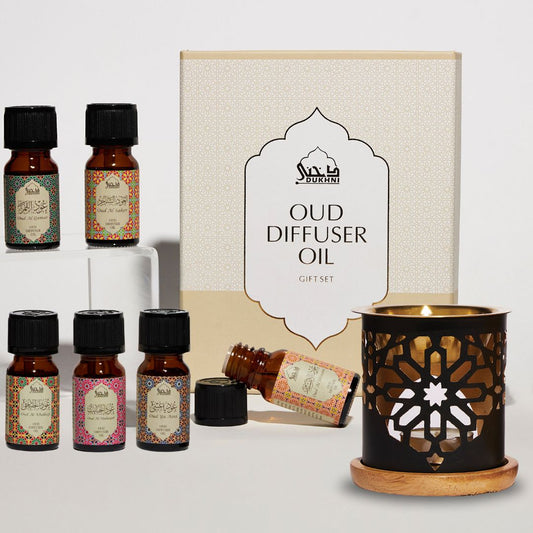
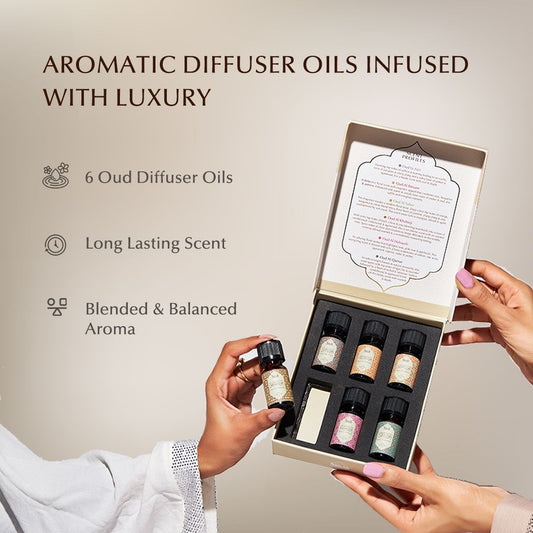


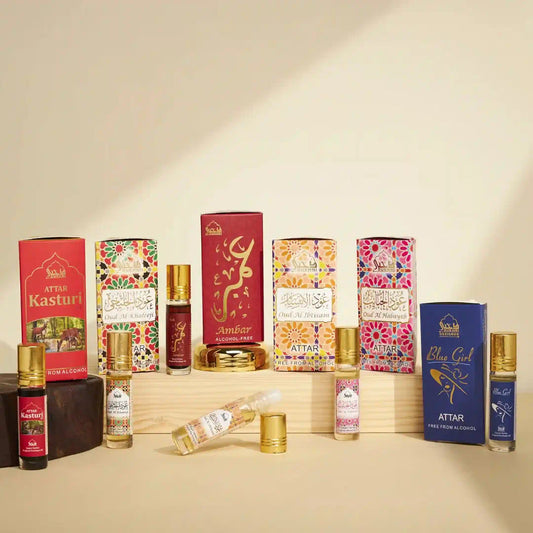
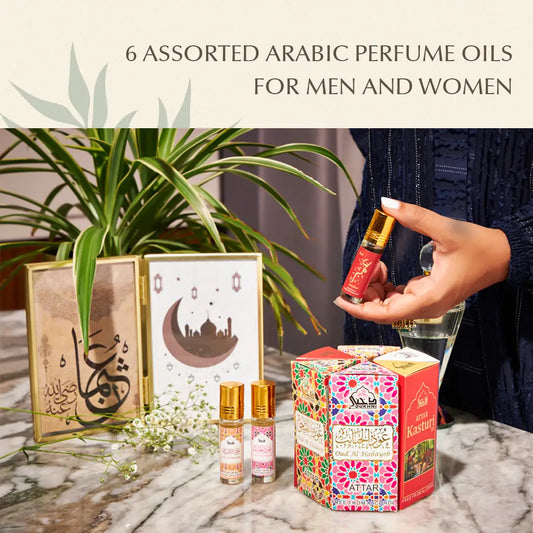





0 comments